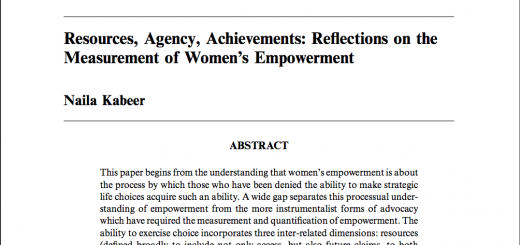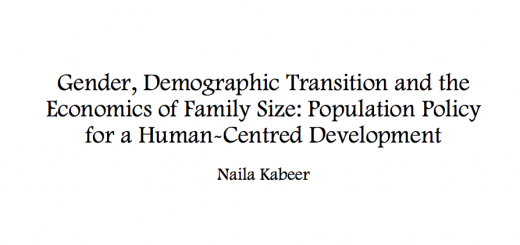‘Compliance versus accountability: struggles for dignity and daily bread in the Bangladesh garment industry’
“The women workers in the Bangladesh garment industry have had more public attention to their rights than any group of workers in the entire history of the country’ Journalist, DRC Inception Workshop on Inclusive Citezenship, Bangladesh
“I believe that “the ‘culture of compliance’ is far ahead in the garment manufacturing sector and changes in the RMG sector are dramatic compared to other sectors” Director, Labour Department, Bangladesh
The process of globalisation has brought workers in the poorer countries of the global South into direct competition with workers in the wealthier countries of the global north and exposed the inequalities in the conditions under which they work to the full glare of international publicity. Trade unions, the media, human rights activists and others have made consumers aware as they were never before about the conditions under which some of their regularly purchases commodities are made. The international garment industry is one that has consistently attracted the attention of these groups and given rise to various campaigns, including Students against Sweatshops, the Clean Clothes Campaign and OXFAM’s Make Trade Fair.
The working conditions of Bangladeshi export garment workers, predominantly women, have featured regularly in these campaigns: the absence of written contracts, long working hours, delayed payment of wages and routine violations of health and safety standards. Threats of boycott by consumers have put pressure on the major international buyers in the garment trade to ensure that the workers who make their products are protected by some minimum code of conduct which regulates relations between employer and employee.
http://zedbooks.co.uk/hardback/rights-resources-and-the-politics-of-accountability
Introduction:
[gview file=”http://www.drc-citizenship.org/system/assets/1052734522/original/1052734522-newell_etal.2006-rights.pdf”]
In: P. Newell and J.Wheeler (eds) Rights, Resources and the Politics of Accountability Zed Press.




